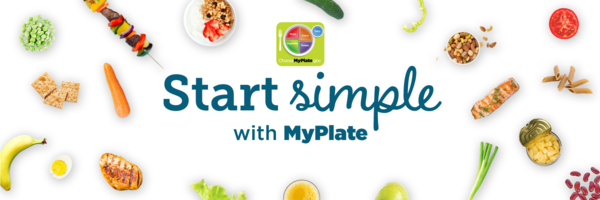|
||||||||||||||||
|
||||||||||||||||
|
Resources and information for cancer survivors in the greater New Orleans area.
Saturday, November 2, 2019
More from Bright Pink
NEW POST on New Focus Daily
|
Do You Live an Awareness Lifestyle?
Is there anything I would tell my younger self about any risks for cancer? What about now: what can I suggest to my sister? What do I need to tell my children about their risks for cancer?
PUBLISHED October 29, 2019
Tamera Anderson-Hanna is a Licensed Mental Health Counselor, Certified Addiction Professional, Certified Rehabilitation Counselor and became a Registered Yoga Teacher while coping with breast cancer in 2015. She owns Wellness, Therapy, & Yoga in Florida where she provides personal wellness services and coaching and she is a public speaker on wellness-related topics. You can connect with her at www.wellnesstherapyyoga.com.
What would I now tell my younger self if I could change anything? What can I tell my sister and my children as they grow older about cancer awareness? I suppose my message would be to live an awareness lifestyle.
I am of European descent but I am not BRCA positive, which is the genetic marker which suggests you are at a higher risk to develop breast, ovarian, or other types of cancers. But nonetheless, cancer has made a strong mark on my family. My maternal grandmother passed from a female cancer and both of my grandfathers passed of cancer. I was often told to get extra cancer screening while in my late 30's, but was busy living life and caring for my children. I am fortunate that I caught my breast cancer early. I was also aware of the signs of endometriosis, and a biopsy showed signs that I was potentially headed for uterine cancer, so I had my uterus removed.
When I encourage others to live an awareness lifestyle, that may include knowing your family history or genetic risk (if one exists), and then focusing on exercise, proper diet, seeking regular and routine medical care, and conducting self-examinations for breast and testicular cancers should you be male or female. Other routine care may be to monitor for signs of ovarian or uterine cancers, along with colon and prostate cancer through regular examinations, which may begin younger than the norm if there is a family history of a parent having had a similar cancer.
I am of European descent but I am not BRCA positive, which is the genetic marker which suggests you are at a higher risk to develop breast, ovarian, or other types of cancers. But nonetheless, cancer has made a strong mark on my family. My maternal grandmother passed from a female cancer and both of my grandfathers passed of cancer. I was often told to get extra cancer screening while in my late 30's, but was busy living life and caring for my children. I am fortunate that I caught my breast cancer early. I was also aware of the signs of endometriosis, and a biopsy showed signs that I was potentially headed for uterine cancer, so I had my uterus removed.
When I encourage others to live an awareness lifestyle, that may include knowing your family history or genetic risk (if one exists), and then focusing on exercise, proper diet, seeking regular and routine medical care, and conducting self-examinations for breast and testicular cancers should you be male or female. Other routine care may be to monitor for signs of ovarian or uterine cancers, along with colon and prostate cancer through regular examinations, which may begin younger than the norm if there is a family history of a parent having had a similar cancer.
Friday, November 1, 2019
Pinktober & Halloween: Help for Frightening Cancer Emotions
A two-time cancer survivor shares ideas to cope with the lonely, frightening feelings that came with her breast cancer diagnosis.
BY Barbara Tako
PUBLISHED October 31, 2019
Barbara Tako is a breast cancer survivor (2010), melanoma survivor (2014) and author of Cancer Survivorship Coping Tools–We'll Get You Through This. She is a cancer coping advocate, speaker and published writer for television, radio and other venues across the country. She lives, survives, and thrives in Minnesota with her husband, children and dog. See more at www.cancersurvivorshipcopingtools.com, or www.clutterclearingchoices.com.
Life can still be good, even with a cancer diagnosis or living in fear of cancer's return. Take a breath. Look outward rather than inward. Most of all, remember that you are truly not alone - even when it feels like you are. As a nine-year breast cancer survivor, five-year melanoma survivor, and now someone who is currently watching her pancreatic cysts, I want to share my thoughts to help you cope with your cancer.
Tip of the Day: Save Money & Time
|
Subscribe to:
Posts (Atom)








